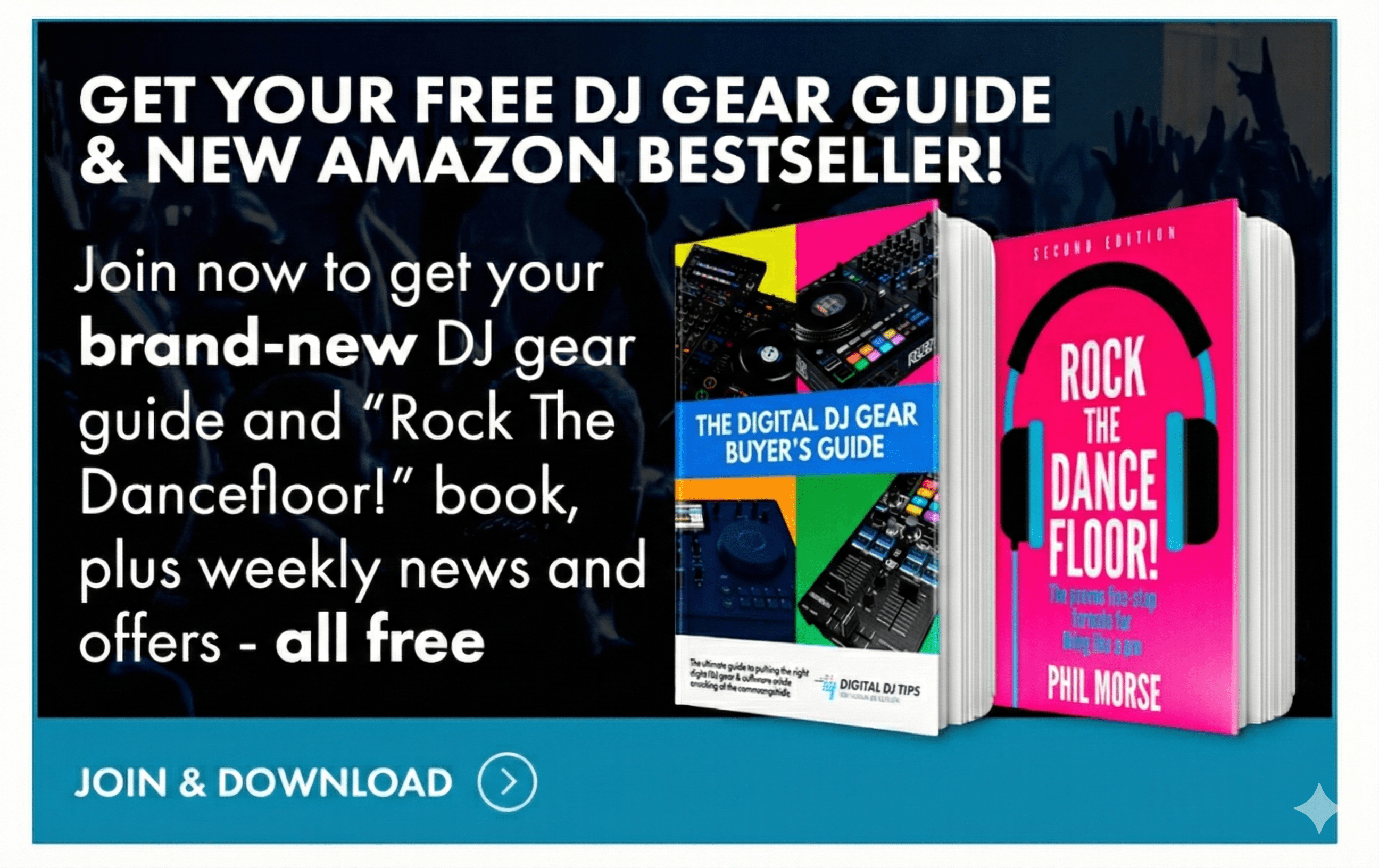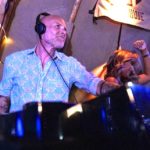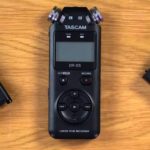Whether it’s simply tactics for reducing volume levels when playing, or more proactively working to reduce the volume that reaches your ears in situations when you have no control over the volume at your gigs, protecting your hearing is massively important as a DJ.
Any sustained high volume (above 85dB) over time is likely to damage your hearing, and eventually it is irreversible, leading to hearing loss and the dreaded tinnitus.
So in this article, I’ll share with you seven ways of looking after your hearing so you don’t permanently damage your ears.
Trapped on a boat…
I once went to hang out with a friend who was DJing on a “party boat” on the River Thames in London at Christmas. He was playing LOUD, as I was “trapped” on that boat with him for the four hours of its cruise up and down the river, past the Houses of Parliament and the London Eye.
The next day my ears were ringing… and they didn’t stop for three weeks. I was so scared. It was only when I took a transatlantic flight (to the NAMM show, mid-January) that, blessedly, they all of a sudden cleared… must have been something to do with the cabin air pressure.
I was so thankful, and I learned a big lesson that day: Always carry earplugs.
Read this next: That Ringing In Your Ears After DJing? It Might Not Go Away…
7 Ways You Can Protect Your Hearing

- Use well-isolating headphones, so you don’t need to have them so loud – Good DJ headphones that are an over-ear design (rather than “on ear”) and that have big pads and a firm headband will help reduce the volume in loud clubs meaning you don’t need to run them so loud
- Turn DJ monitors down when not using them – Clubs often have awesome DJ monitor speakers in the booth for you to use when playing, but they can be just as bad for your hearing as the main PA speakers! So get into the habit of turning them down or even off between transitions, to give your hearing a break
- Consider using musician’s earplugs – Unlike foam earplugs (which are no good for DJs, as they simply cut out all sound), musician’s earplugs have a small hole in them to let all frequencies through – just “turned down”. From cheap off the peg varieties, to custom-made plugs, to a clever brand that actually has a volume control on it, there is lots of choice from a few dollars to hundreds
- Try DJing with IEMs – IEMs, or “in-ear monitors”, are what you see singers especially wearing on stage nowadays. They let the singer hear what they are singing without the need for monitor speakers on the stage. And nowadays, some DJs are using these too, including our own tutor James Hype. They let you take complete control of the audio environment at your gigs, so you can be extra certain you won’t expose yourself to the dreaded 85dB+ levels that can harm you
- Do not expose yourself to distorted music – Heaps of anecdotal evidence suggests that it’s as much the quality of the audio as the volume that hurts. Badly distorting speakers seem to harm more than speakers playing what seems to be the same volume, but that sound good. We’ve all been to gigs where our ears rang the next day and it surprised us as it wasn’t really loud, and others that were really loud but we were OK afterwards, and often, looking back you’ll realise it was an audio quality thing. So don’t play in the red, or listen to others doing so, if you can help it!
- Use noise-cancelling headphones when NOT DJing – In my experience, this type of headphone is not the best for actually DJing, but when you’re not actually playing, I find noise-cancelling headphones fantastic for making the whole world quieter and, again, for therefore letting you listen to music quieter than you otherwise would. It’s part of doing what I suggest in the next point…
- Rest your ears between gigs – It’s extended, continual exposure to loud noise that is the real culprit here, because your ears don’t get time to get out of “panic state” and repair any temporary damage you’ve done. It is vitally important to have rest days between gigs when you’re not exposing yourself to loud music at all
Learn to DJ with us: The Complete DJ Course
Finally…
Here’s a basic rule of thumb: If your ears are ringing the next day after a gig, you need to take better precautions next time.
Please take all of this seriously. Tinnitus is one of the biggest complaints of older DJs in our community, and it is a “sleeping problem”, meaning once you’ve done the damage, it may take a decade before it shows. So protect your hearing from now on, whatever age you are.








